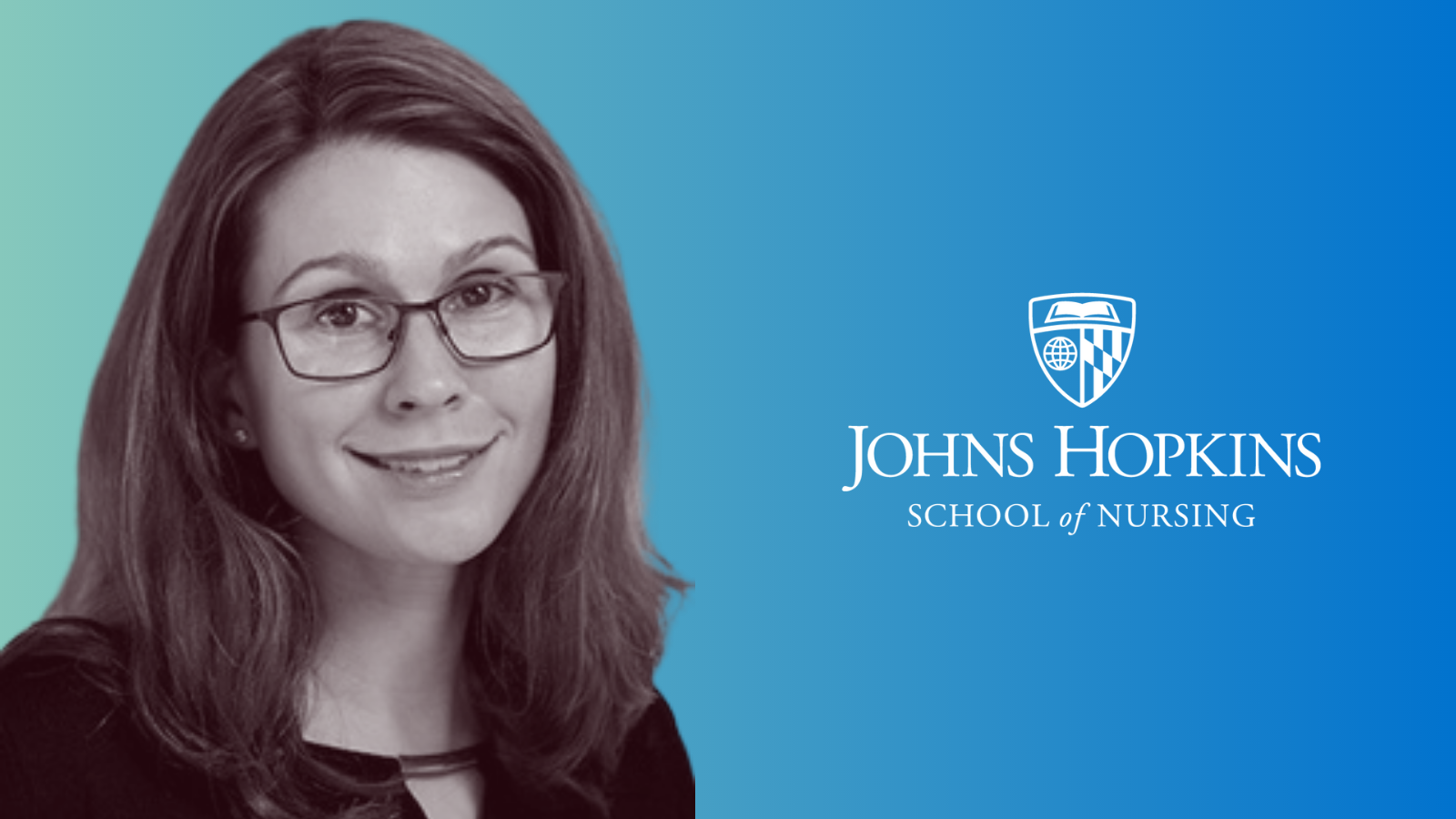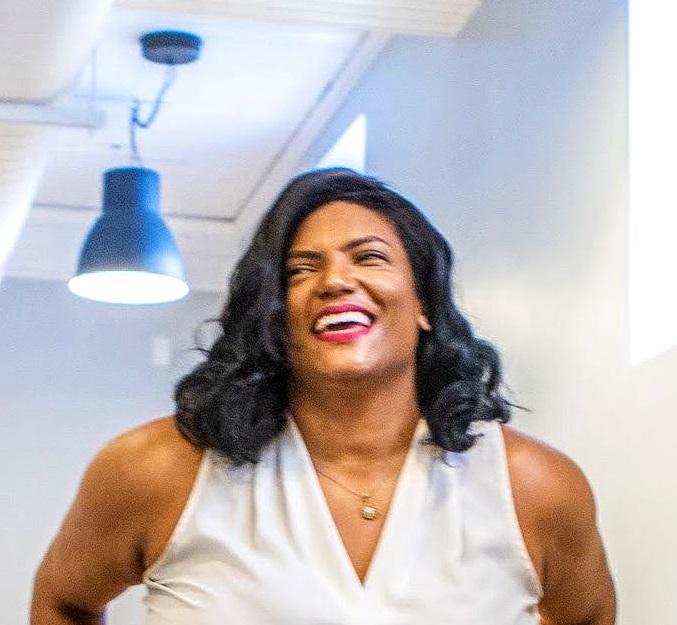When patients present with a specific type of heart attack (non-ST elevation acute coronary syndrome) or chest pain related to coronary heart disease (unstable angina), they often undergo several tests—many being invasive—and then they may be sent to other facilities for even more procedures.
It’s time consuming, it can be confusing to the patient, it can be stressful on the patient’s body, and when combined, can lead them to abandon care.
Sarah Slone, DNP, MSN, FNP-BC, CCRN began to address this problem from an implementation science standpoint in her Doctor of Nursing Practice (DNP) project. She aimed to streamline the process of existing care options from acute symptom presentation in the hospital to discharge.
But ultimately that raised a new question.
Can we determine best practices for when patients need catheterization (an invasive procedure), so that we can establish a standardized approach and identify barriers to care that may exist?
“Any invasive procedure carries risk,” Sarah says. “There are non-invasive options like stress tests, information that can be gleaned from a patient’s presentation and previous lab work, and newer options with CT scanners.”
Now she’s pursuing the question from a discovery science standpoint. Her PhD research examines “care pathways” from acute symptom presentation to various methods of invasive and non-invasive testing, to establish best practices for when patients are most in need of these procedures.
From implementation to discovery
Sarah Slone graduated from the DNP Executive Track in May 2019, then started the PhD in August 2020. She is in a new Johns Hopkins School of Nursing program that offers an alternative pathway to PhD for nurses who have earned a DNP. Students can transfer credits and earn their PhD in about three years compared to about five years.
The DNP Executive Track is online with on-site immersions, but PhD students must live in Baltimore. So Sarah moved from South Carolina to Baltimore, alone, at the height of the COVID-19 pandemic.
She considered delaying her start, but didn’t want to let the time go to waste. And even before the move, the family living situation was complicated.
“My husband is an interventional cardiologist who works in a hospital. In the beginning of the pandemic, we had to decide if we wanted to live together since he would be at risk of being exposed. Our son is in college, but he returned home because of COVID. He decided that he wanted to remain in the house as well,” Slone says.
Now in her second semester, Sarah reflects that the PhD is not harder, but different than the DNP.
“The DNP enriched my perspective as a nurse scientist, but I learned that questions arise from evidence-based practice, and I needed a PhD to explore that further.”
Sarah Slone, DNP, MSN, FNP-BC, CCRN
“I’ve already grown a lot in terms of research,” she continues. “I came in with a specific idea of what I wanted to do and was able to develop my research project with my mentors into something not just fundable, but something that can grow into a wider program of research.” Sarah’s DNP mentor was Dr. Deborah Baker, Senior Vice President for Nursing of Johns Hopkins Health System and her PhD mentors are Dr. Cheryl Dennison Himmelfarb and Dr. Kelly Gleason.
Sarah recommends that, if you are considering a PhD and have a DNP, define your research questions early. “The sooner you can do it, the better you can align assignments, so they build and benefit you throughout the program.”
A passion for research
Sarah always had a passion for research—from working as a research assistant in a plant pathology lab in high school to initially studying biochemistry in college. She took some time off from undergrad to have a family and later decided pursued a BSN. Upon graduation, she worked as an ICU nurse for five years, then became a family nurse practitioner, followed by work in general and trauma surgery. She discovered a passion for cardiovascular care when the 36 hour shifts in trauma surgery became too much (especially with a young family!) and the cardiovascular service was hiring.
“It’s fascinating,” Sarah says. “Cardiovascular disease remains the number one cause of morbidity and mortality in the United States. There’s so much opportunity to improve the lives of patients.”



